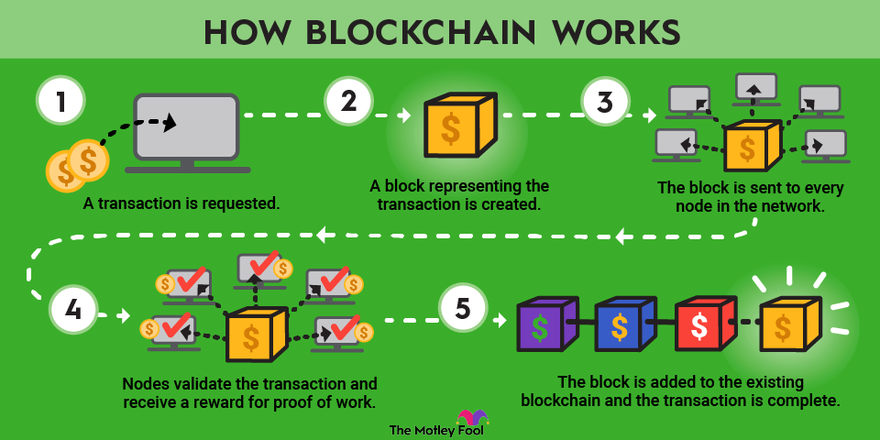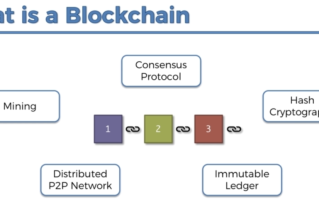In recent years, blockchain technology has emerged as a revolutionary force in the digital world, promising to transform the way we interact, transact, and store data. At its core, blockchain is a decentralized, distributed ledger technology that allows multiple parties to have simultaneous access to a constantly updated digital ledger of transactions without the need for a central authority.
What is Blockchain?
Blockchain, as the name suggests, is a chain of blocks. Each block contains a certain number of transactions, and every new block is digitally linked to the previous block, forming a chain. This linking is done through cryptography, ensuring the integrity and security of the data within the blocks. The beauty of blockchain lies in its decentralization; instead of relying on a central server or authority to verify transactions, the blockchain network relies on consensus algorithms to ensure all participants have the same version of the ledger.
Key Features of Blockchain
1、Decentralization: Blockchain technology operates without a central authority or server. This decentralization not only enhances security but also removes the need for a trusted third party to verify transactions.
2、Transparency: All transactions recorded on the blockchain are visible to everyone on the network, ensuring transparency and traceability. This feature is particularly useful in supply chain management, where tracking the movement of goods is crucial.
3、Immutability: Once a block is added to the chain, it becomes permanent and cannot be altered or deleted. This ensures the integrity of the data stored on the blockchain.

4、Security: Blockchain uses cryptography to secure transactions and prevent tampering. Each block is digitally signed and timestamped, making it extremely difficult to forge or alter.
5、Consensus Mechanisms: Blockchain networks use consensus algorithms, such as Proof of Work (PoW) or Proof of Stake (PoS), to ensure all participants agree on the state of the ledger. These mechanisms prevent double-spending and ensure the ledger's integrity.
Applications of Blockchain Technology
Blockchain technology has the potential to revolutionize various industries, including finance, supply chain, healthcare, real estate, and more. Here are some examples of how blockchain is being used:
1、Finance: Blockchain has given rise to cryptocurrencies like Bitcoin and Ethereum, which allow for secure, peer-to-peer transactions without the need for intermediaries like banks or credit card companies. This reduces transaction costs and increases the speed of transactions.
2、Supply Chain: Blockchain provides an immutable ledger to track the movement of goods from production to consumption. This transparency helps identify issues, reduce fraud, and improve efficiency.
3、Healthcare: Blockchain can securely store and share patient data, ensuring privacy and authenticity. This can facilitate better collaboration between healthcare providers and improve patient care.
4、Real Estate: Blockchain can simplify and secure property transactions, reducing fraud and increasing transparency. Smart contracts can automate payments, transfers, and other related processes.
5、Identity Verification: Blockchain can provide a secure, decentralized way to verify personal identity, reducing the risk of identity theft and fraud.
Challenges and Future Prospects
Despite its potential, blockchain technology faces several challenges, including scalability issues, high energy consumption (particularly in PoW-based systems), and regulatory concerns. However, with continued research and development, these challenges can be overcome.
The future of blockchain looks promising, with more and more industries recognizing its potential to increase transparency, efficiency, and security. As the technology matures, we can expect to see even more innovative applications of blockchain across various sectors.
In conclusion, blockchain technology represents a paradigm shift in how we store, share, and verify data. Its decentralized, transparent, and secure nature makes it an attractive option for various industries seeking to improve their operations and reduce costs. While there are still challenges to overcome, the potential benefits of blockchain make it a technology worth watching in the coming years.
标签: Blockchain Technology


